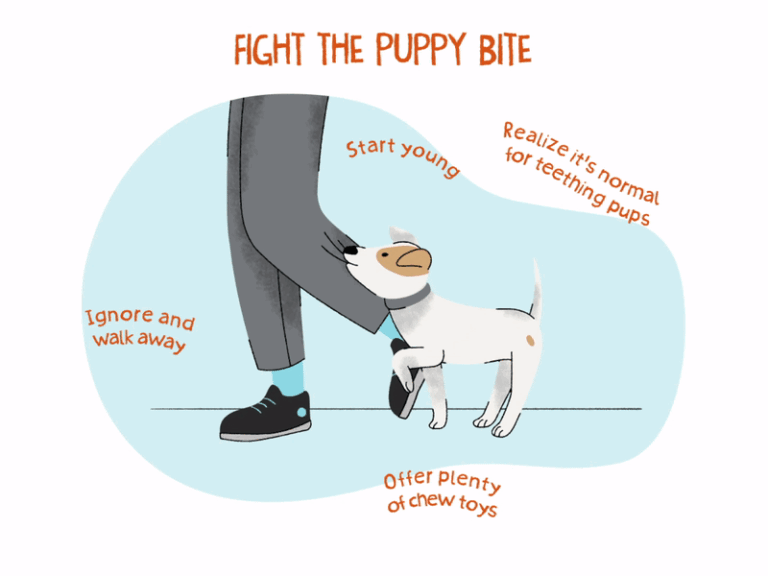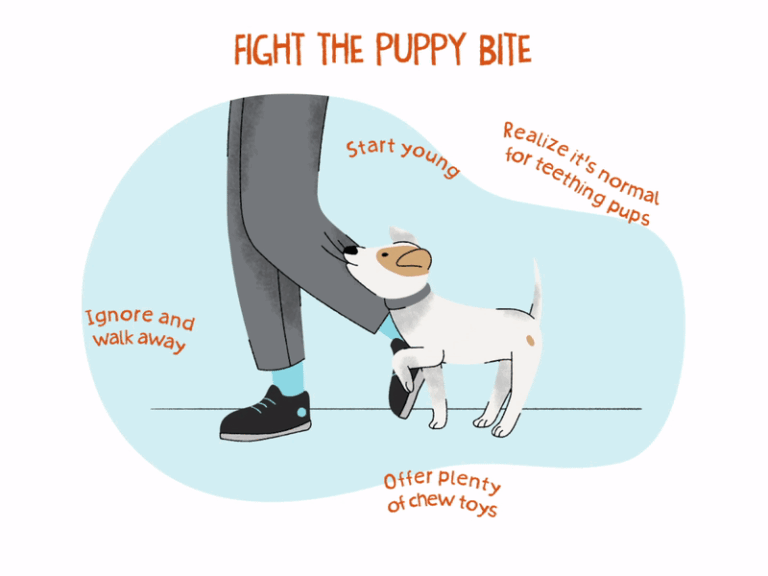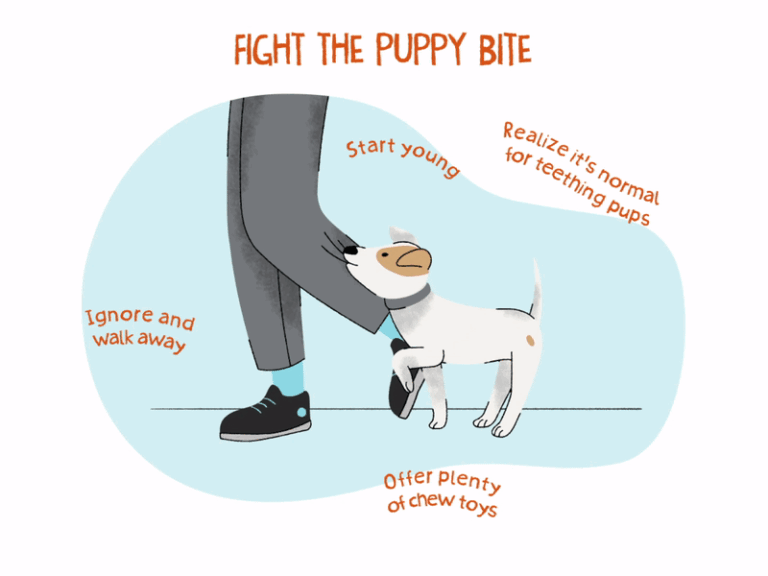Symptoms of a dog bite infection can vary greatly. It can be a small, painful puss infection or a severe bacterial infection called Capnocytophaga. Both can be life-threatening.
The doctor may recommend antibiotics for the patient or drain the pus from the area around the bite. A dog bite can also lead to a rare bacterial infection called Capnocytophaga. The symptoms of Capnocytophaga infection may include fever, vomiting, rashes, and flu-like symptoms. In severe cases, the patient may develop sepsis, which is life-threatening.
Pasteurella causes dog bite infection
Infections with the bacterium Pasteurella multocida are common after animal bites and scratches, but often they are not reported. Infections with P multocida typically appear as rapidly developing cellulitis. Some individuals may also experience a chronic local infection of the deep tissue, osteomyelitis. Penicillin can treat these infections, but treatment of severe cases requires antibiotics that are more potent.
There are several species of Pasteurella in the world, but the most common is P. multocida, which is found in the oropharynx of dogs and cats. This bacterium is present in the upper respiratory tracts of many animals, including humans. Most human infections caused by P. multocida are closely associated with animal exposure, and they typically involve soft tissue sites after an animal bite. Although it is difficult to quantify the prevalence of P. multocida infections in humans, the infection is increasing as more people are keeping pets.
The most common cause of Pasteurella infections is contact with dogs, cats, and other animals. People can also contract this bacterium by eating infected foods. Pasteurella species can also be spread through human skin, and it is known to cause deep-seated bacterial infections and tenosynovitis. In severe cases, the infection may lead to septic arthritis and osteomyelitis.
Capnocytophaga causes cat bite infection
There are several different types of bacteria called capnocytophaga that live in the mouths of dogs and cats. While these bacteria are not typically harmful, they can still infect humans, particularly those with weakened immune systems. Capnocytophaga infection is relatively rare in healthy individuals. However, it is a greater risk for those with weakened immune systems, such as those with HIV or AIDS.
Although the bacterium C. canimorsus is normally commensal and causes no harm to healthy individuals, it can cause severe sepsis in immunocompromised individuals. While most humans who come into contact with animals do not develop an infection caused by Capnocytophaga, those with weakened immune systems are at risk for severe disease. This infection is rare, but it can be fatal if untreated.
Although most cases of rabies are related to contact with a dog, infection after a cat bite has been described. People with weakened immune systems should seek medical attention if they are bitten by a dog or cat. Even healthy individuals can develop potentially life-threatening infections. If bitten by a dog, it is important to immediately wash the area. If symptoms persist, call a doctor.
Staphylococcus aureus causes dog bite infection
Infections caused by Staph bacteria can range in severity. The most common types of dog bite staph infections are S. aureus and Staphylococcus pseudintermedius. Both types of bacteria are present in many dogs, and they are harmless until they connect with a cell, such as the human skin or muscle. This can happen when a dog bites a person or breaks their skin.
The species most commonly found in canine gingival cultures was Staphylococcus aureus. The second-most common strain was Staphylococcus mitis. However, it has been reported that these two species can cause dog bite infections in humans. This bacteria is responsible for about one in every 20 dog bite infections, and can be difficult to distinguish from one another. If the two types of staph bacteria are mixed, the infection can be severe and even fatal.
While dog bites do not typically cause an infection, they can spread harmful bacteria to humans. A dog’s mouth contains hundreds of different bacteria, and these bacteria can enter the body through an open wound. A deep dog bite can be especially problematic. This bacteria can enter the bones, muscles, and blood, leading to infection. Infections after a dog bite are accompanied by inflammation. The affected area may also become warm.







